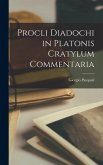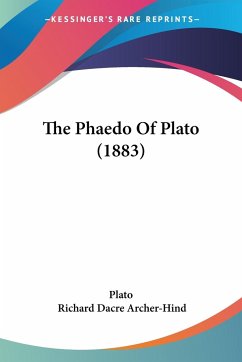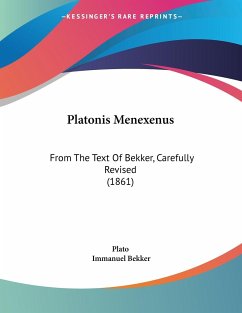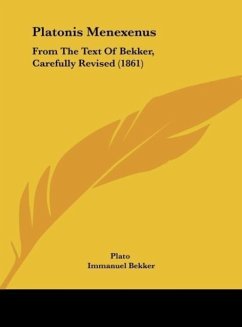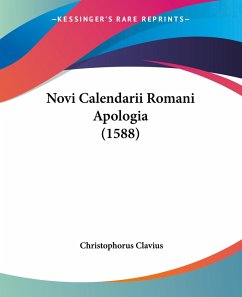Platonis Euthyphro, Apologia, Crito, Phaedo: Et Opera Quae Feruntur Omnia V2, Fasiculus Posterior (1875) est volumen secundum operum Platonis, quod continet quattuor dialogos: Euthyphron, Apologiam, Critonem et Phaedonem. In his dialogis, Plato disserit de variis rebus, inter quas sunt de virtute, iustitia, amicitia, morte et philosophia. Euthyphro est dialogus inter Socratem et Euthyphronem, in quo Socrates quaerit Euthyphronem de definitione pietatis. Apologia est oratio Socratis ad iudices, in qua Socrates defendit se a crimine corruptelae iuvenum et impietatis. Criton est dialogus inter Socratem et Critonem, in quo Socrates discutit, utrum debet fugere ex carcere, ubi est damnatus ad mortem. Phaedo est dialogus inter Socratem et amicos eius, in quo Socrates loquitur de morte et immortalitate animae. Liber continet etiam alia opera Platonis, quae feruntur omnia, in fasiculo posteriori.This scarce antiquarian book is a facsimile reprint of the old original and may contain some imperfections such as library marks and notations. Because we believe this work is culturally important, we have made it available as part of our commitment for protecting, preserving, and promoting the world's literature in affordable, high quality, modern editions, that are true to their original work.
Hinweis: Dieser Artikel kann nur an eine deutsche Lieferadresse ausgeliefert werden.
Hinweis: Dieser Artikel kann nur an eine deutsche Lieferadresse ausgeliefert werden.


